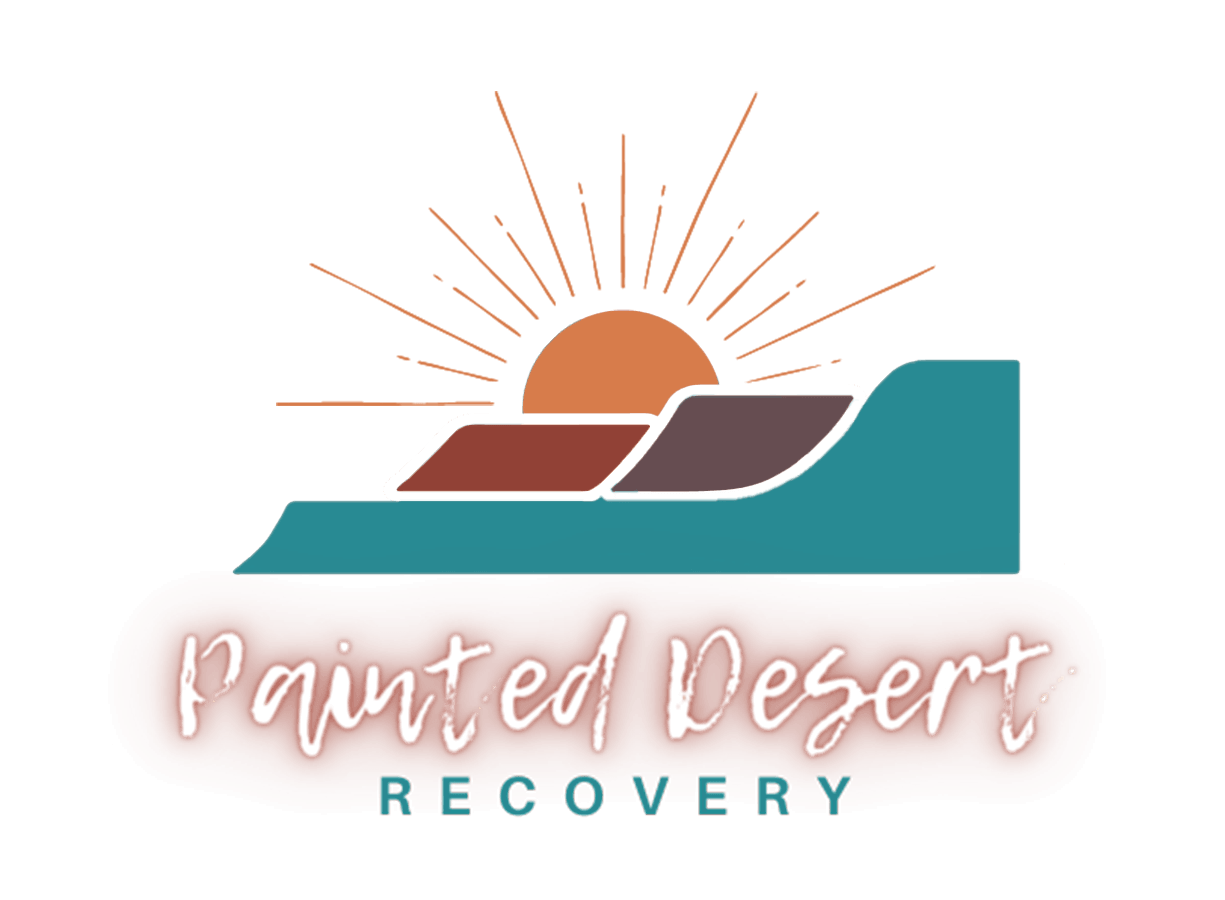When someone you care about is entering treatment for a substance use disorder (SUD), you may feel unsure how best to support them. You may have questions like “What are the best ways to help?” or “What are the landmines to avoid?”
If you know someone entering an intensive outpatient program (IOP), the first thing to realize is that this is a big step for them and a positive and life-affirming choice. Helping someone in IOP begins with the basic tenets of good friendship, but there are specific guidelines for how best to offer that support.
Painted Desert Recovery provides an intensive outpatient program in New Harmony, Utah, for most SUDs. Our rehab center uses both traditional therapies and holistic and experiential treatments. To learn more about helping someone in IOP, encouraging someone in drug and alcohol rehab, and being there for your loved one struggling with a SUD, call Painted Desert Recovery at 844.540.0357 or connect via our online form.
What Is an Intensive Outpatient Program?
As the name implies, an IOP provides a high level of intensive care on an outpatient basis. It is a step between low-intensity outpatient and residential treatment programs. Some IOP basics:
- An IOP typically lasts longer than regular outpatient programs.
- IOPs have a higher retention rate than low-intensity outpatient programs.
- The time commitment is about three and five hours per day, five days a week, with 25 hours a week being common.
- In IOP rehab, clients have time to keep up with family, work, and school commitments.
- IOP allows time to work on damaged relationships, which means that the opportunity is there for those seeking to support someone in an IOP.
An IOP is a solid choice for the start of recovery.
How to Support Someone in IOP
One of the challenges of an IOP is that clients are not living in a trigger-free environment. They experience the benefits of living in their homes but also must navigate spaces and interact with people that may challenge their sobriety. Having friends like you who want to do all you can to support someone in IOP while they undergo treatment is a great benefit.
People in recovery are particularly susceptible to social influences. A person’s social circle is considered a good predictor of recovery success. The positive presence of an informed compassionate friend or family member can be a game-changer. Here are some tips on offering a loved one in an IOP help.
Educate Yourself About Addiction and Recovery
Though you may learn things along the way from your friend, don’t make them your source of all knowledge. They need to focus on the work they are doing in recovery. You can find resources to help you understand what they are going through, how it works, the possible outcomes, the risks and likelihood of relapse, and more, so you can be an informed support person.
Provide Nonjudgmental Support by Listening Openly
Use your nonverbal skills to show you are fully present—for example, practice open body posture and good eye contact. At first, listen more than you speak. Doing so will help your loved one feel safe with you and develop the trust necessary to continue sharing.
Be an Advocate for Them When Planning to Get Together
This tip also applies when you are actually with them. Things you can do includes thinking about where to meet that will feel safe and trigger-free, planning activities that enhance wellness, and avoiding activities that might remind them of their drinking or drug use (a hike rather than dinner at a local restaurant). When a plan will include others, make sure these other people are all up to speed about how to support your mutual friend.
Avoid Giving Unsolicited Advice
Even if you are also in recovery or have a lot of experience and knowledge, you must wait until asked. Offering advice without an invitation is condescending and can be harmful. Your friend is surrounded by professionals in their IOP program and secure in their care. You don’t have to be their counselor—just be their friend.
Manage Your Expectations and Be Patient
The recovery journey rarely goes in a straight line and almost always includes some backtracking at times. As you will learn when you educate yourself about addiction and recovery, relapse is common and does not mean failure. Trust that your unwavering IOP support through the tough times, during their treatment and post-discharge, will help.
Remember that the people who stick around have a more significant positive impact than the harm done by friends who disappear when someone enters rehab. You can and will make a positive difference to your loved one in recovery.
Consider Painted Desert Recovery’s Intensive Outpatient Program
Painted Desert is an addiction treatment center for women, offering therapies in various modalities. Our skilled staff will be there for you during inpatient and outpatient drug and alcohol addiction treatment, including programs related to misusing stimulants, opioids, and benzos. Call 844.540.0357 to learn more about our IOP treatment and how this high level of care can ensure a positive start to recovery while making it possible for your loved one to stay connected to important friends and family at home.







